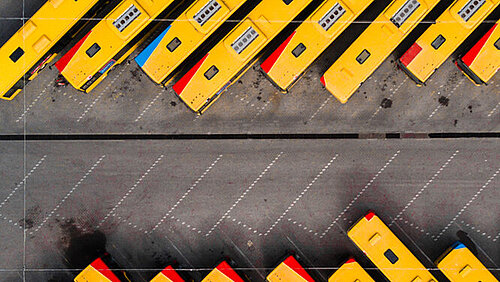Indo-German Support project for Climate Action in India
The Indian government is targeting an unconditional reduction in emissions by 33% to 35% by 2030 compared to 2005 levels, according to Indian NDC. The project supports theMinistry of Environment, Forest and Climate Change (MoEFCC) with the coordination and implementation of Indian climate and biodiversity policies. The project aims to strengthen capacities of selected decision makers at the national and state level to develop innovative approaches for implementation of India’s NDCs and climate policy. The project develops models for public-private sector collaboration implementing demonstration projects in selected states to establish a climate co-benefit roadmap. Aligned to priorities of the MoEFCC, project activities focus on two selected areas: circular economy and biodiversity. The project implements the interface function for IKI projects in India to foster synergies.
- Countries
- India
- IKI funding
- 10,000,000.00 €
- Duration
- 04/2021 till 03/2026
- Status
- open
- Implementing organisation
- Deutsche Gesellschaft für Internationale Zusammenarbeit (GIZ) GmbH
- Political Partner
-
- Ministry of Environment, Forest and Climate Change (MoEFCC) - India
- Implementing Partner
-
- The Energy and Resources Institute (TERI) - India
State of implementation/results
- The project supports the Ministry of Environment, Forest and Climate Change in coordinating and implementing India's climate and biodiversity policy. The project aims to strengthen the capacity of selected decision-makers at the national and state level to develop innovative approaches for the implementation of India's Nationally Determined Contributions (NDCs) and climate policy.
- The project focuses on developing methodologies to measure climate co-benefits in terms of greenhouse gas emissions or sinks and adaptation effects for development programmes of the Government of India that do not have a specific climate focus.
- Methods are being developed with the Indian government to measure climate adaptation, mitigation and biodiversity impacts related to India's ban on single-use plastics, urban forestry programmes and peatlands. Additional methods will evaluate climate adaptation co-benefits related to agriculture, water and rural infrastructure programmes. In the states of Tamil Nadu, Maharashtra, Uttar Pradesh and Himachal Pradesh, the development of methodologies for sub-national stakeholders has begun. In addition, the methodologies can be used by public and private sector companies to measure climate impacts and trade in carbon markets, thereby accelerating investments in climate-friendly processes.
- The project works with public sector companies in partnership with the Standing Conference of Public Enterprises (SCOPE). This partnership focuses on capacity-building measures to decarbonise hard-to-abate sectors, green hydrogen, climate finance and carbon markets.
- To decarbonise the cement sector in India, the project supports the Indian Institute of Technology (IIT) Delhi in Indo-German research on low-carbon cement, drives the adoption and scaling up of low-carbon cement in India and develops methodologies to assess climate co-benefits in the cement sector.
- The project supports the decarbonisation of steel production in India through a techno-commercial feasibility study with the Steel Authority India Limited (SAIL).
- By supporting the decarbonisation of the steel and cement sector, the project strengthens India's contribution to the Leadership Group for Industry Transition (LeadIT) - a joint initiative of the governments of Sweden and India, of which Germany is also a member.
- The project implements the IKI India interface function together with The Energy and Resources Institute (TERI). The interface function includes the representation of IKI at the World Sustainable Development Summit in Delhi, the organisation of the IKI India Networking Workshop and the management of the IKI India website to strengthen synergies between the IKI India projects and with implementation partners.
- The project supports German ministries in the implementation of the Indo-German Green and Sustainable Development Partnership (GSDP), the multilateral Just Energy Transition Partnership (JETP) and, at the request of the MoEFCC, India's G20 Presidency 2023.
Latest Update:
04/2024
Project relations
Legend:
The link has been copied to the clipboard



